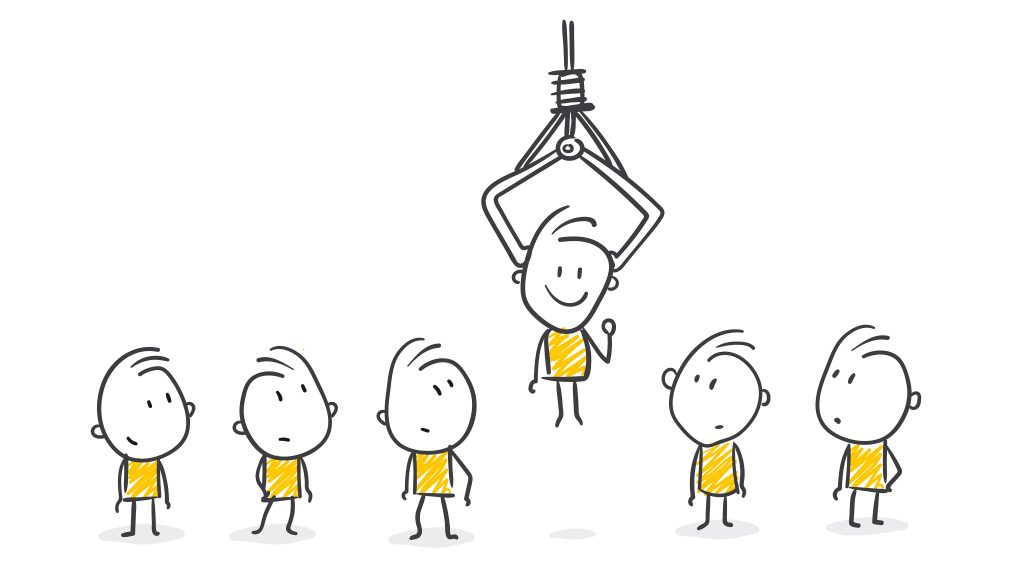
Q & A with an aquaculture recruiter
May 20, 2020
By
Liza Mayer
 Credit: strichfiguren.de / Adobe Stock
Credit: strichfiguren.de / Adobe Stock Having the right staff in aquaculture operations can make all the difference when it comes to growing fish. We speak with CEO and co-founder of AquacultureTalent, Cristian L. Popa Aved, on the nuances of hiring talent for the aquaculture industry. The recruitment agency has been helping the industry search for the best employee since 2016. A spinoff from DB Partner, a seafood industry-focused staffing and recruitment agency founded in 2007 in Norway, AquacultureTalent today has four offices in Norway, the United States and South America.
What are the top 5 qualities that employers are looking for in candidates?
Being the right fit for a job isn’t just about having the right qualifications and background. From our experience employers are also looking for candidates with the right personality traits.
The essential part of the recruitment process starts once the candidate gets into the interview process, where the whole picture changes. Employers are looking for qualities in their new hires that are never listed in the job ad. They want to meet people who are self-directed and responsible. Candidates will bring out those qualities through answers to the job interview questions and also through the questions they ask at the interview.
We hire people who understand their own path, who can tell their story in such a way that they make it clear how they followed an interest or passions of theirs to the place they stand in right now. Other qualities our clients and we look for in successful candidates are the energy, confidence, ambition, patience and intellectual curiosity.
What are the top 5 qualities that candidates are looking for in employers?
Employers should have the ability to bring the best out of their employees. They should have a concrete vision of their careers to inspire confidence in new candidates.
Our candidates have pointed out the following top qualities they always look after in pursuit of a better employer: career development and potential for growth; organization’s culture and work environment; strong leadership; sustainability; and work-life balance.
What are the biggest hiring challenges employers in aquaculture are facing today?
Aquaculture is developing very fast. The demand of talent and competence in this industry is on a global scale. With new technologies, and RAS systems coming along the biggest challenge is to find qualified talent who has the expertise, experience and also passion for this industry. Hiring talent from other industries is much harder for aquaculture because of the specific competencies and expertise needed, such as biology, technical and even engineering. There are also challenges in hiring for management and leadership levels. Aquaculture management and leadership means more than just managing, coordinating, determining requirements and conducting an examination. As recruiters, collaborating with our clients’ HR team is necessary to attract the best talent.
How has the hiring landscape changed in the last five years?
If anything is clear, it’s this: the rapid development of technology has fundamentally shifted the way we live and the way we work. In fact, some companies around the world in this industry are finding themselves being disrupted by this change. The recruiting landscape has both changed dramatically and stayed the same is some ways. While we’ve seen a proliferation of tools and technologies, even new processes and philosophies surrounding the craft of recruitment, we have also struggled through changes in markets and tight talent markets and sought the same purple squirrel candidates. We are challenged with the fact that having the largest pile of resumes and profiles doesn’t mean you have even ONE truly qualified candidate.
Some of the biggest trends in hiring landscape come with the rise (and fall) of “culture fit” and the hunt for the ONE truly qualified candidate.
What changes do you see in aquaculture in the next five years and what are their important implications for workforce skills?
The inability to extract more seafood from the oceans has, and will, drive the need for increases in aquaculture production on global level. Companies around the world are setting the vision for the future of aquaculture with new technologies and innovations.
Collaboration and partnership, innovation and transparency are some key factors for this industry in helping provide a healthy and sustainable protein source what is in high demand.
Talents are the key factor driving this industry, as new technologies and innovations are in place, training and education for the workforce to develop key skills are a must in the future.





